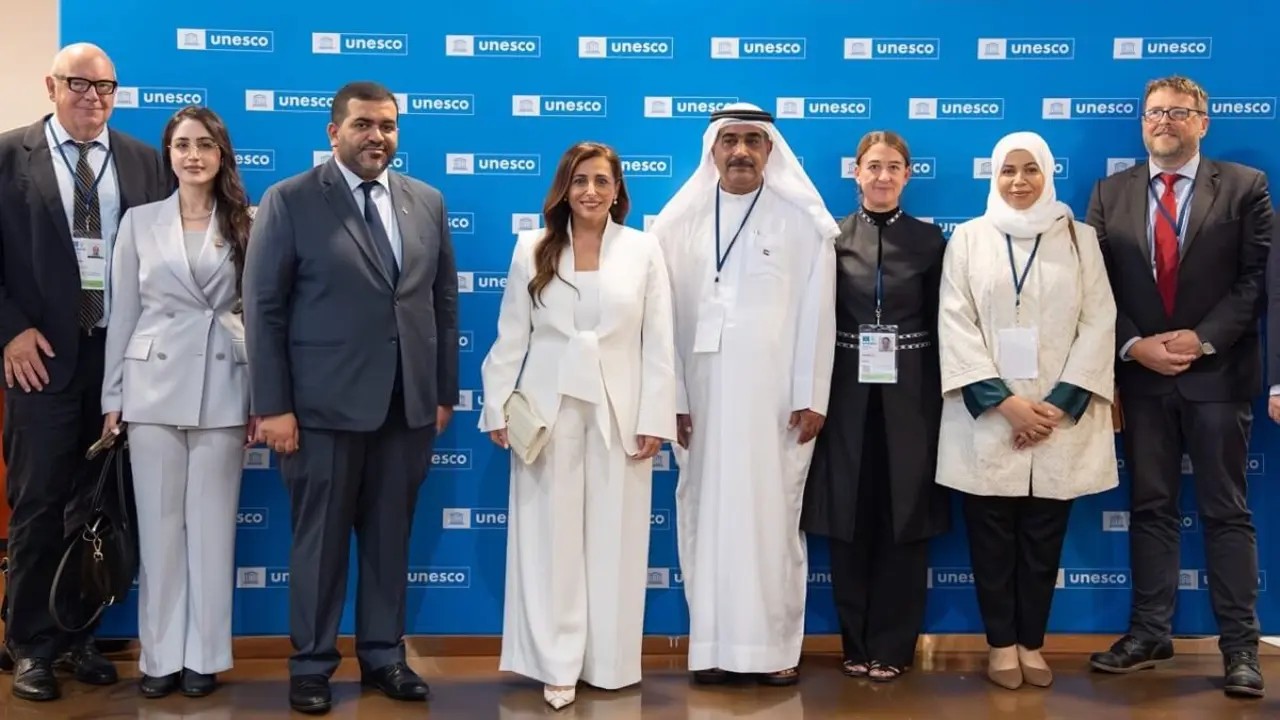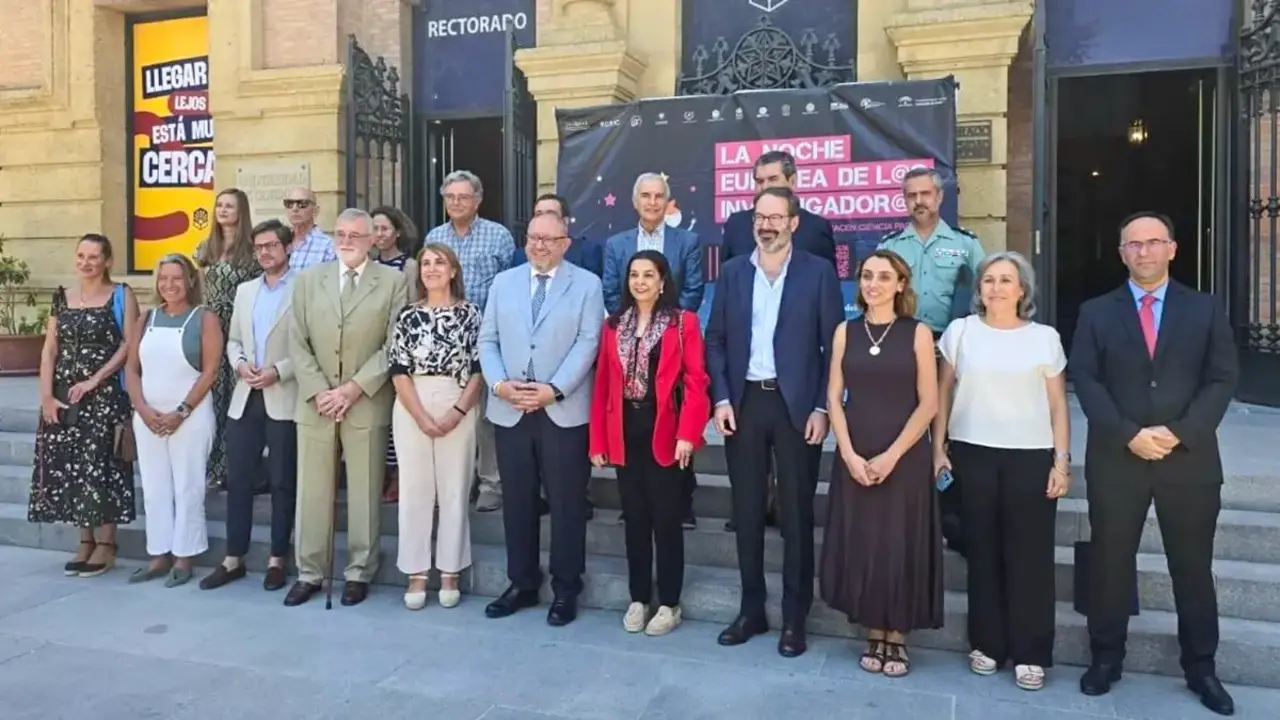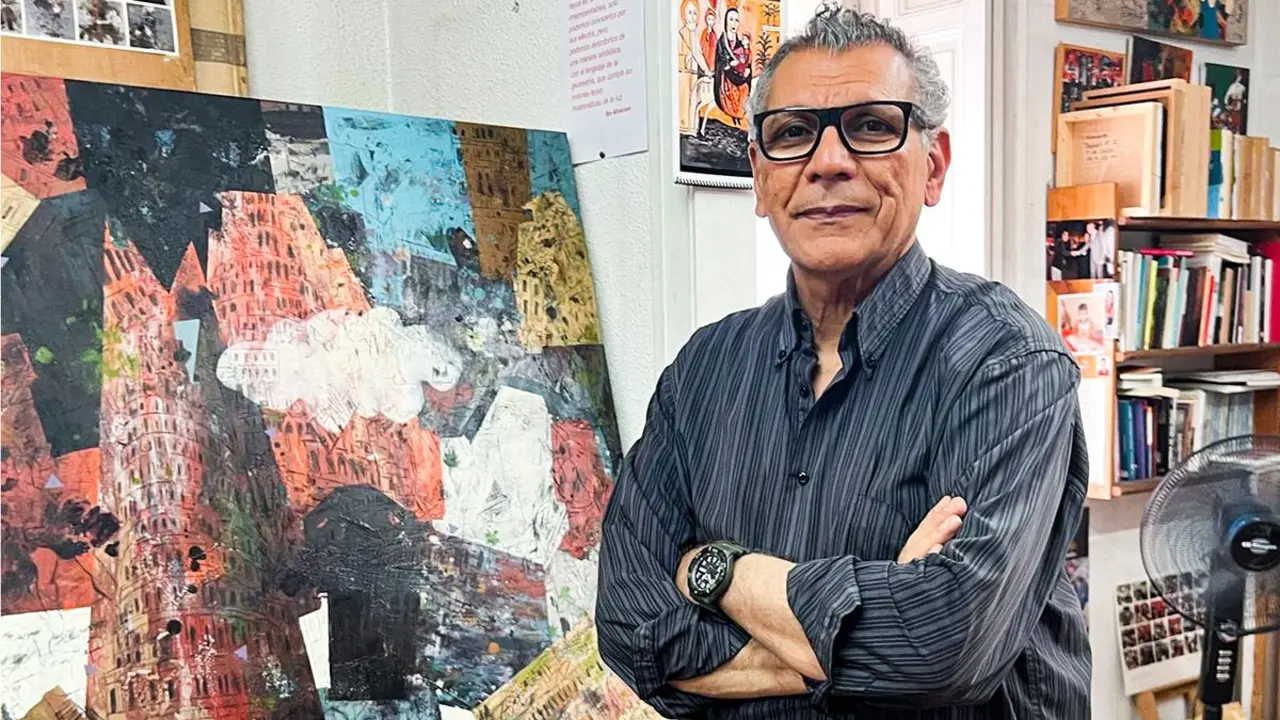Education is a global public good and must be protected to avoid generational catastrophe.

The United Nations Secretary-General urged the world to seize every opportunity to turn around this year's downward slide in education, exacerbated by the COVID-19 pandemic, and to "turn the tide".
On the occasion of International Education Day on 24 January, António Guterres paid tribute to the resilience of students, teachers and families in the face of the pandemic, which at its peak forced the closure of nearly all schools, colleges and universities.
"When education is disrupted, everybody is affected. (...) And we will all pay the price," Guterres said in a video message.
In the face of this reality, he recalled that education is a right and must be defended and exercised for the good of humanity.
"As the world continues to struggle with the pandemic, education, as a fundamental right and a global public good, must be protected to avoid a generational catastrophe," the UN chief warned.
The right to education is enshrined in article 26 of the Universal Declaration of Human Rights. The declaration calls for free and compulsory primary education. The Convention on the Rights of the Child, adopted in 1989, goes further by stipulating that countries should make higher education accessible to all.
The Secretary-General's message also highlighted the key role of education as a foundation for expanding opportunity, transforming economies, combating intolerance, protecting the planet and achieving the Sustainable Development Goals.

On the third commemoration of this international day, he lamented that even before the pandemic there were some 258 million children and adolescents out of school, most of them women.
In addition, he noted that in low- and middle-income countries, more than half of ten-year-olds could not yet read simple texts.
This already alarming situation has worsened with the pandemic, he said.
Guterres acknowledged that the disruption forced by the emergency has brought innovations for learning, but stressed that it has also "dashed hopes for a better future among vulnerable populations".

In this context, he called for ensuring the reconstitution of the Global Partnership for Education fund and strengthening global cooperation in education.
He also called for a redoubling of efforts to reform education.
We need to "train teachers, close the digital divide and reshape curricula to equip students with the skills and knowledge they need to thrive in our rapidly changing world," he said.
"Let us commit to promoting education for all, today and forever," the Secretary-General concluded.








